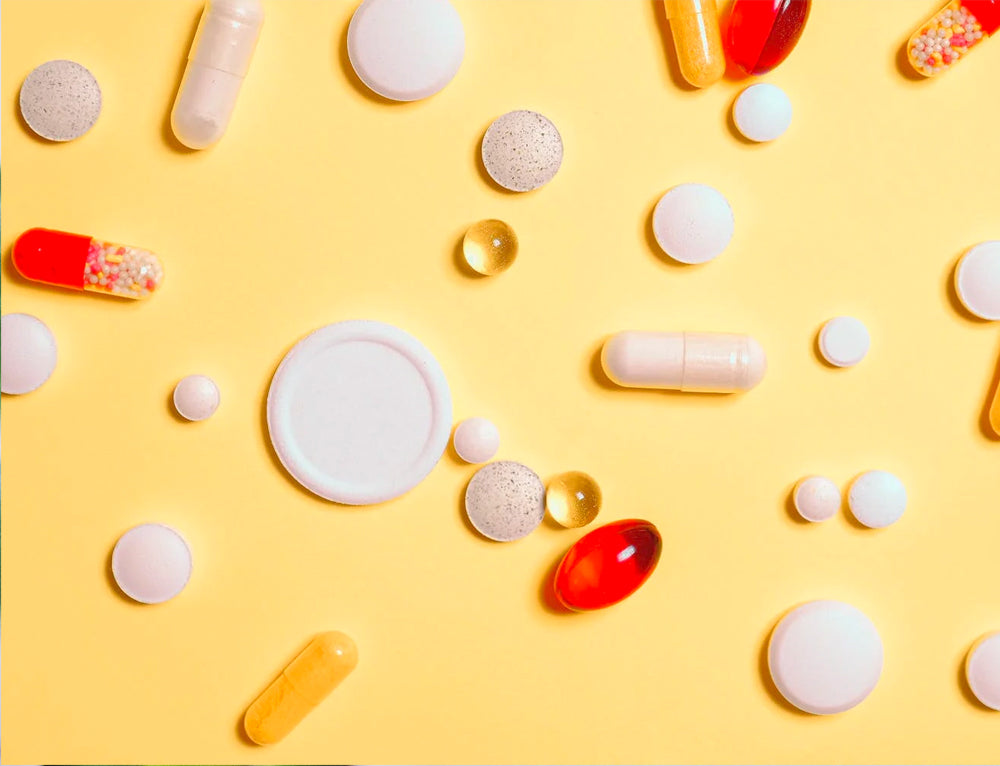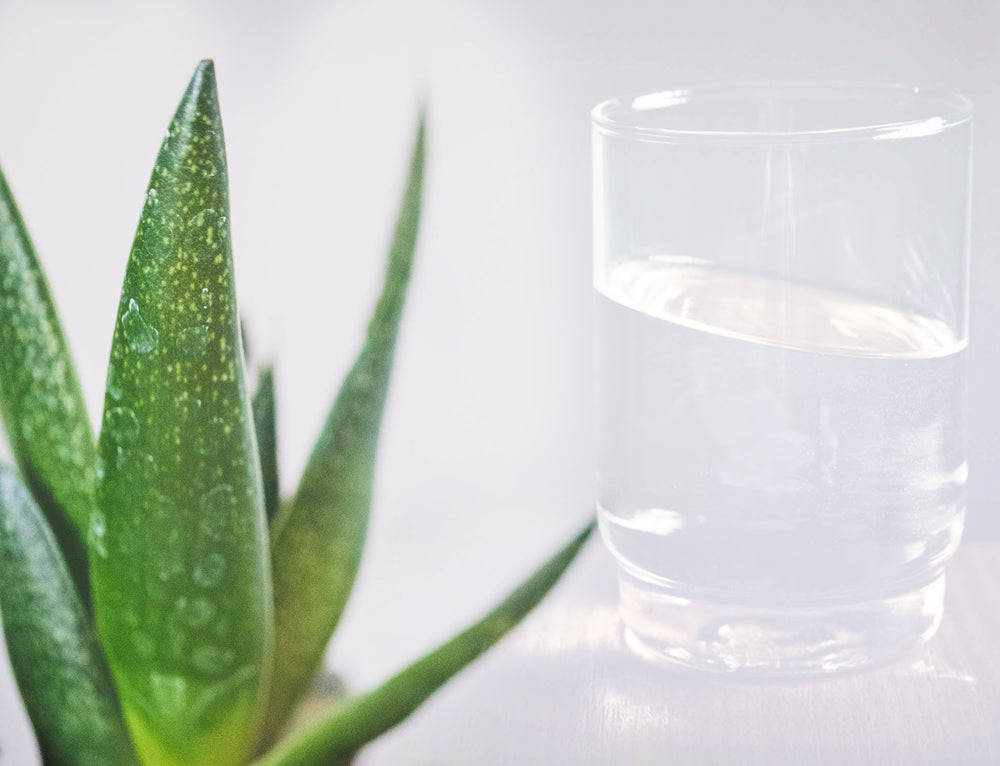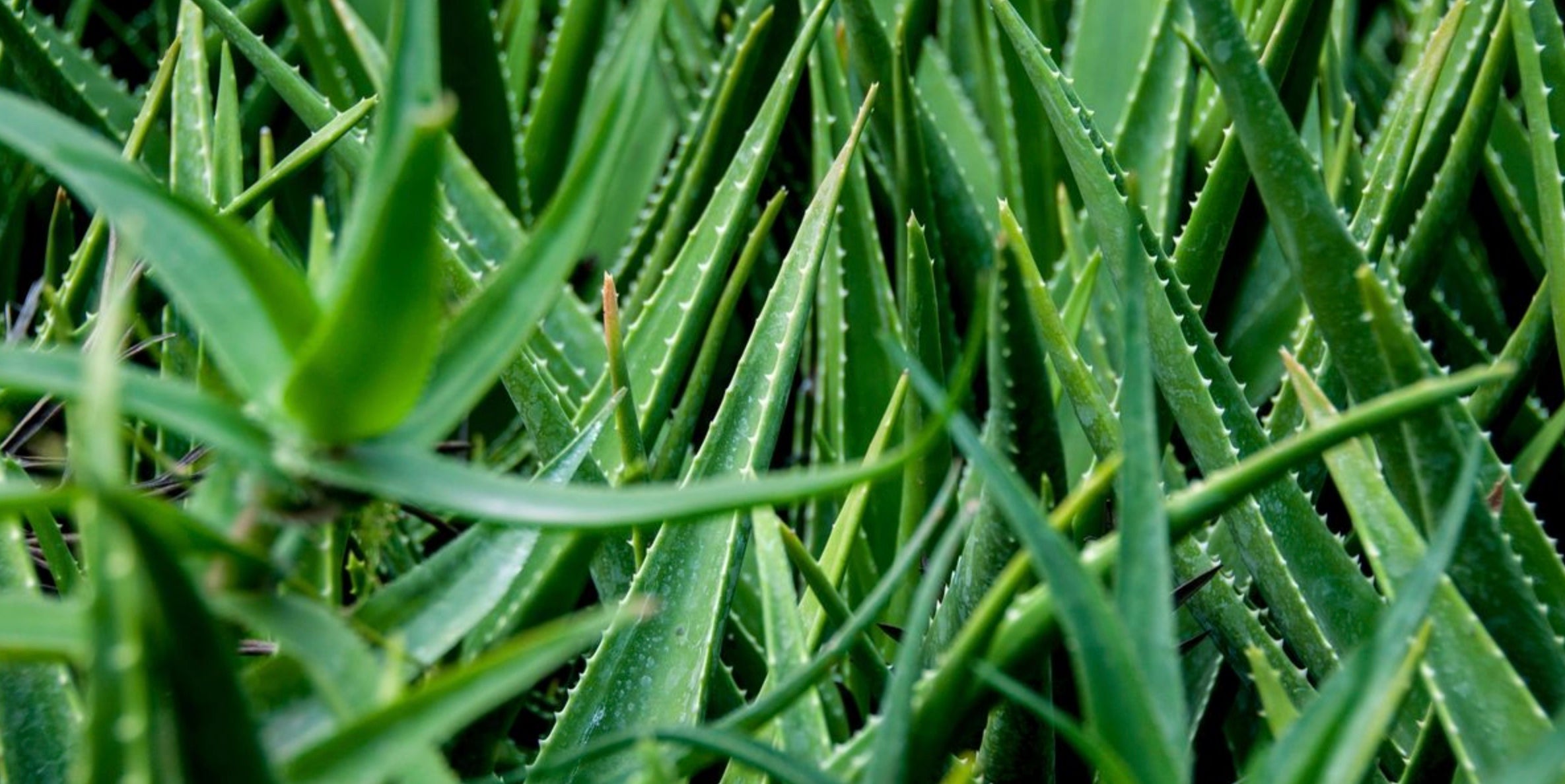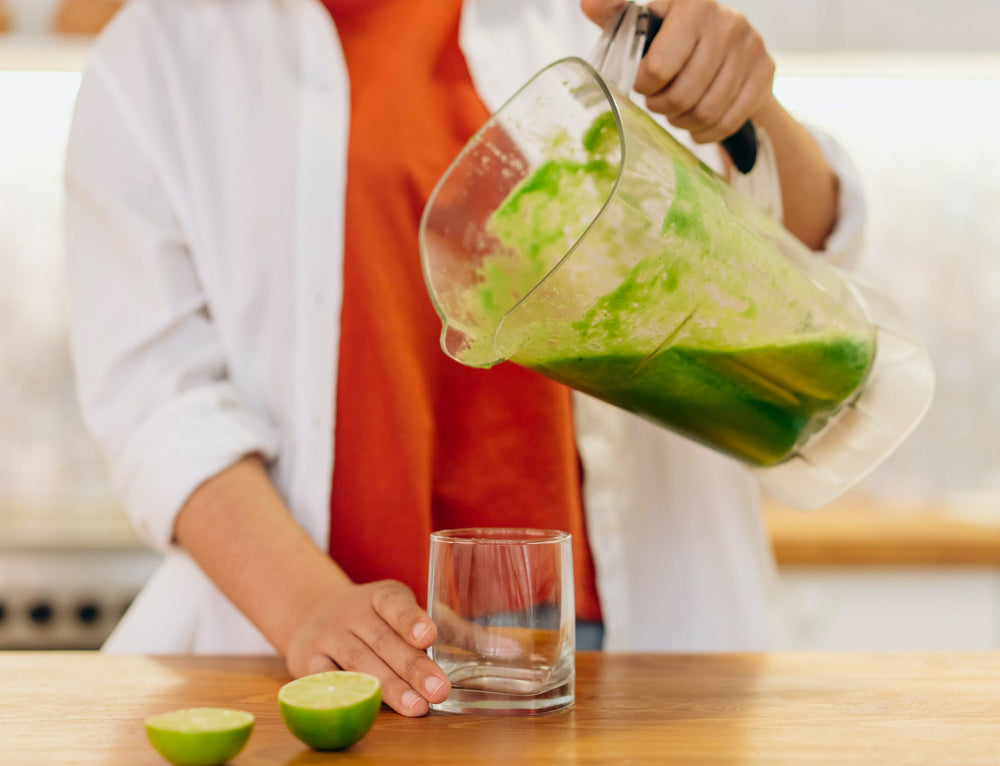Crossover Trial of Aloe Vera Bioavailability of Vitamins

Several factors limit the absorption and bioavailability of vitamins. Vitamin C, a commonly used water-soluble supplement reduces the risk of disease. Vitamin B(12) is necessary for the development of RBC, growth, and nervous system. Vitamin B(12) deficiency is common among elderly. Thus, agents that improve bioavailability of vitamin C and B(12), especially in older individuals would be important. Aloe Vera is a botanical with immunomodulatory properties. Aloe is processed using the hand-filleted technique or whole leaf procedure. The aim of this study is to examine the effect of two different aloe vera preparations (aloe inner leaf gel, [AG] and aloe whole leaf decolorized gel, [AL]) compared to placebo on the bioavailability of vitamins, C and B(12), in healthy human volunteers in a randomized crossover trial. Subjects (n = 15) received in a random fashion either aloe whole leaf extract (AL with vitamins B(12), 1 mg and vitamin C 500 mg) or aloe vera fillet gel (AG with B(12) 1 mg and vitamin C 500 mg) or water (with vitamin B(12) 1 mg and vitamin C 500 mg). Blood was obtained fasting, followed by 1, 2, 4, 6, 8, and 24 hours post ingestion of aloe/water. When given with vitamins C and B(12), AG significantly increased plasma oxygen radical absorbance capacity (ORAC) at both 4 and 24 hours and AL at 4 hours compared to baseline and placebo. AG significantly increased plasma vitamin C at 4, 6, 8, and 24 hours and AL at 4 and 6 hours compared to baseline and placebo (p <.01). Also, both aloes significantly increased serum vitamin B(12) levels at 1 and 2 hours compared to baseline and placebo (p <.01). Thus, AG and AL preparations are safe, well tolerated, and enhance the bioavailability of vitamins C and B(12) and antioxidant potential.




